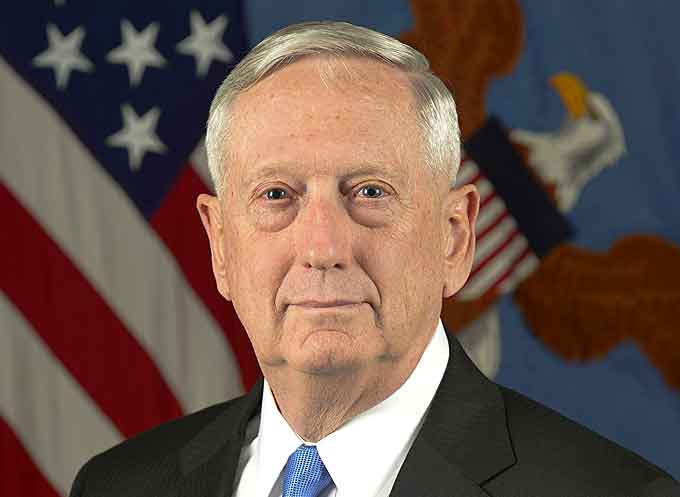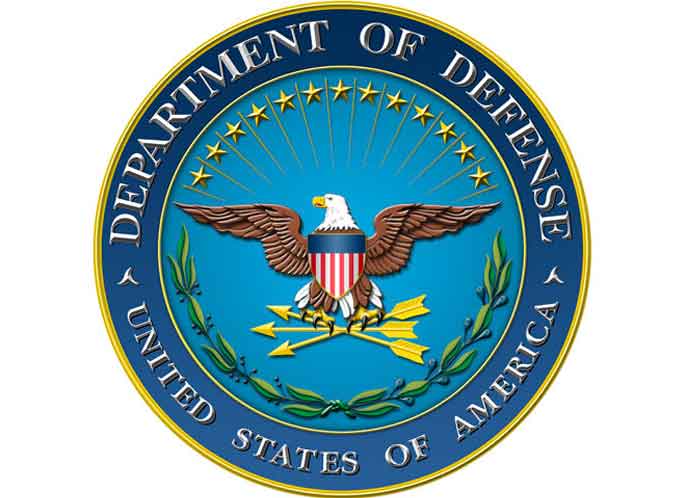
The Department of Defense (DoD) applauds the passage of the Fiscal Year 2019 National Defense Authorization Act at the swiftest pace in 20 years.
This year’s bill passed with overwhelmingly bipartisan support: a vote of 87-10 in the Senate and 359-54 in the House.
The FY19 NDAA authorizes a $717 billion national defense budget that rebuilds our military, increases lethality, strengthens our alliances and partnerships and reforms the way we do business.
(Defense Secretary Jim Mattis spoke during President Trump’s statement on the omnibus spending bill, saying the $700 billion in military funding is the largest in history. Courtesy of The Washington Post and YouTube. Posted on Mar 23, 2018.)
“I am grateful for the strong commitment of members on both sides of the aisle to pass this year’s NDAA in record time,” said Secretary of Defense James N. Mattis.
“Together, they have demonstrated the deep and abiding bipartisan support our military enjoys.”
“It is now our duty to implement these policies responsibly and ensure a culture of performance and accountability.”
(Congress has given the Department of Defense and President Donald Trump the 2019 National Defense Authorization. The $717 billion budget passed overwhelmingly with bipartisan support. According to the Peter G. Peterson Foundation the United States already spends more on defense than China, Russia, Saudi Arabia, India, France, the UK and Japan – combined. For analysis, hear from former Pentagon official, Michael Maloof. Courtesy of RT America [Be advised RT America is a TV channel based in Washington, D.C., which is part of a global multilingual television news network based in Moscow, Russia, and funded by the Russian government] and YouTube. Posted on Aug 2, 2018.)
The approved bill:
-
Increases the military’s authorized active-duty end strength by 15,600
-
Raises service member pay by 2.6 percent – the highest in nine years
-
Recognizes the importance of modernizing and strengthening the Committee on Foreign Investment in the United States to more effectively guard against the risk to national security posed by certain types of foreign investment
-
Provides waiver relief to key U.S. partners and allies from certain Russian-related sanctions under the Countering America’s Adversaries through Sanctions Act
-
Strengthens cyber defenses, prioritizes U.S. Cyber Command readiness and affirms the cyber authorities of the Secretary of Defense
The department looks forward to working with Congress in the same strong bipartisan spirit to fund our nation’s defense priorities before the end of the fiscal year.
Learn More…
(Defending the Nation With Secretary of Defense James Mattis. Courtesy of The Hoover Institution and YouTube. Posted on May 14, 2018.)


















